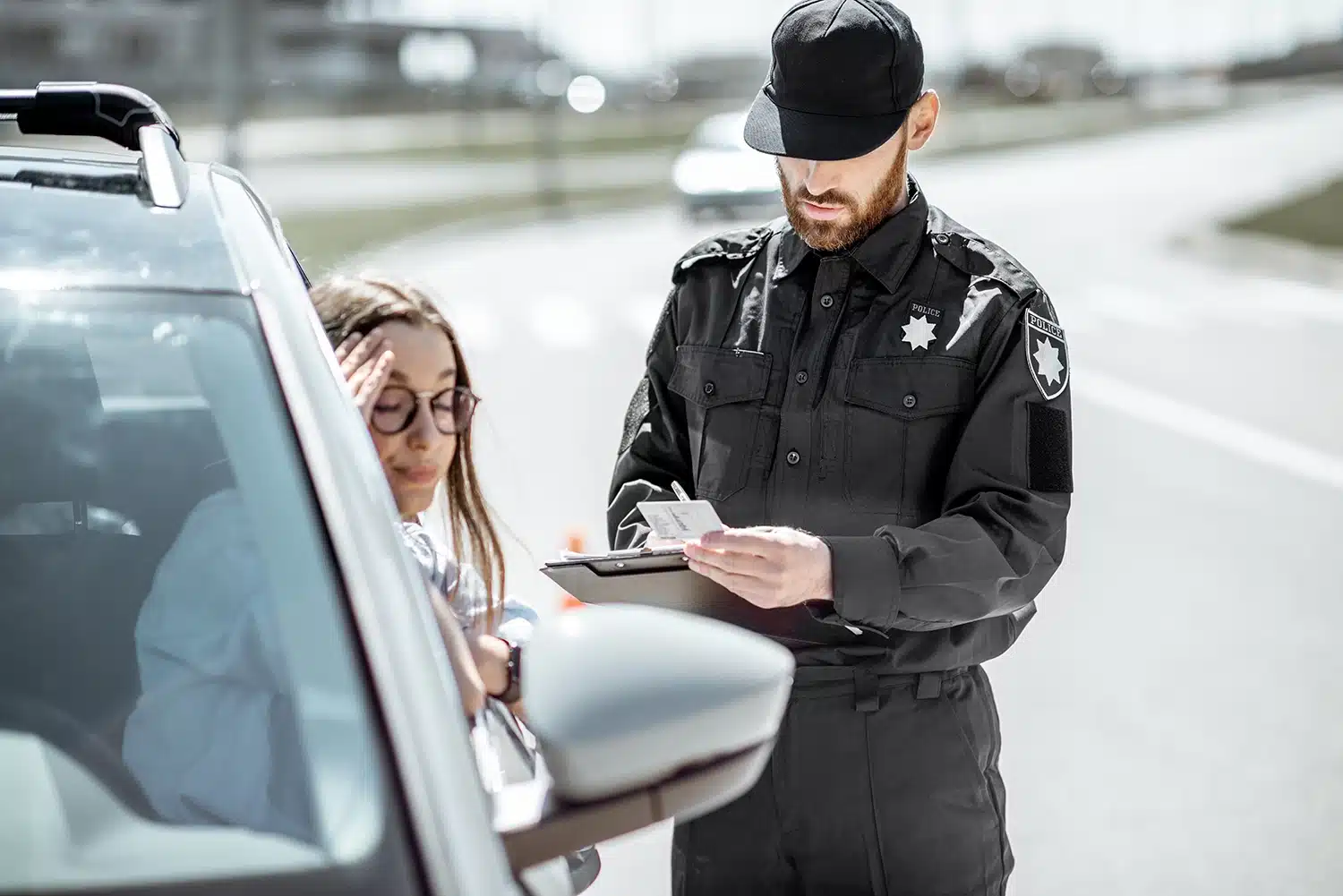Can Police in Tennessee Search Your Phone During a Traffic Stop? In Tennessee, the legality of police checking your phone during a traffic stop is a complex issue that requires an understanding of both constitutional rights and state law.
The Fourth Amendment to the United States Constitution guards citizens against unreasonable searches and seizures, and this doctrine applies to electronic devices like cellphones. Here’s a closer look at what the law says about this topic.
General Principles of Search and Seizure
When the traffic authorities stop you, the officers can ask for your driver’s license, registration, and your insurance. However, they could not search your car, personal belongings, or personal phones without probable cause and with consent or a valid warrant. A search is almost considered unreasonable unless the cops have probable cause, valid consent, or a pending warrant.
Probable Cause and Consent
- Probably Cause : Authorities can search your phone based on probable cause that probably it contains evidence of some crime. This could take place during an investigation and where the officer might view suspicious activity or see some prohibited materials in plain sight, though hazy suspicion most often is not enough.
- Consent: You can permit a search of your telephone. It is important to remember that you have the right to deny consent. Once you agree to a search, anything found may be used as evidence against you in court. Always think about what could happen once you decide to give your consent before you make that decision.
Requirements for a Warrant
In most situations, police must obtain a warrant before searching your cell phone. The United States Supreme Court established this in 2014 with the landmark case Riley v. California, ruling that a search of a cell phone during an arrest is a search that requires a warrant because of the vast amount of personal information contained on cell phones.
In Tennessee, this is upheld by the decision such that an officer cannot check your phone without a warrant, reasonable cause, or your cooperation.
Exceptions to the Rule
Even though the warrant requirement is a mainstay of search and seizure law, there are a few situations where the rule can be relaxed. For instance:
- Emergency Situations: When there is an emergency danger to public safety or a likelihood of evidence being destroyed, the government can search your phone without a warrant.
- Search Incident to Arrest: If you are detained, the government may search your phone if it is within your immediate physical reach, but this too is subject to the same warrant standards articulated in Riley v. California.
Local Policies and Enforcement
In Tennessee, policies on cell phone searches vary from agency to agency. Note that, by agency, methods of search vary and officers might be trained differently on legality of cell phone searches. This variability may sometimes result in uncertainty regarding your rights during a traffic stop.
What You Should Do
If a police officer asks to search your phone at a traffic stop, you need to know your rights.
- Stay Calm: Whenever you are dealing with law enforcement, you should stay calm and be respectful.
- Know Your Rights: If you decide to refuse, tell the officer you do not consent to the search.
- Document the Interaction: In case you are able, note the badge number of the officer and the patrol car number as well as any other relevant details about the incident. The information may prove useful when you need to contest the search or require legal assistance.
Conclusion
Thus, Tennessee law protects against unreasonable searches, but probable cause, permission, and emergency conditions determine whether police can search your phone during a traffic stop. Understanding these laws empowers you to preserve your rights and ensures a more informed and respectful engagement with police. In difficult search and seizure situations, consult a lawyer.


 by
by 



